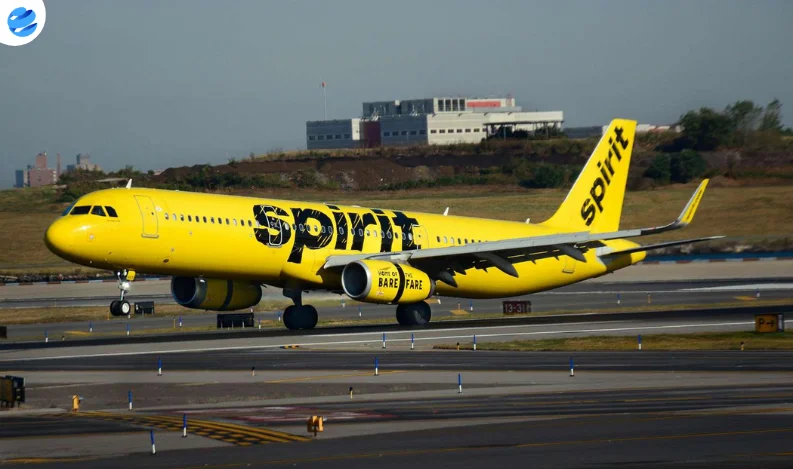A Spirit Airlines flight carrying 182 passengers was forced to make an emergency landing on Monday after the aircraft’s autopilot system failed mid-flight, officials confirmed.
The Airbus A320 had departed Houston early in the morning, bound for Orlando. Roughly two hours into the flight, while flying through turbulent weather, the flight crew encountered a critical malfunction in the plane’s automated navigation system.
According to reports by WFTV, the pilot alerted passengers about the issue and diverted the aircraft to Pensacola International Airport, where it landed safely around 8:45 a.m. No injuries were reported.
Passengers described a tense scene on board as the pilots manually flew the aircraft through heavy turbulence. “The crew kept us calm, but we could feel the difference once the autopilot was off,” said one passenger.
Spirit Airlines has not released technical specifics about the malfunction but confirmed that the crew followed standard emergency procedures.
While autopilot systems are typically backed by multiple layers of redundancy, a full failure requires pilots to step in immediately—especially in difficult weather. Aviation experts say that while such incidents are rare, they highlight the importance of manual flying skills in increasingly automated cockpits.
FAA data shows that automation failures account for a small fraction of aviation incidents. Yet, they often carry high operational risk, demanding fast decision-making and full crew coordination.
The diverted aircraft remained grounded in Pensacola for inspection. Passengers were later transferred to another flight and arrived in Orlando with a delay of nearly six hours.
The incident also disrupted Spirit Airlines' flight schedule for the day, underscoring the logistical strain low-cost carriers face when technical issues arise.
Despite the scare, industry analysts praised the crew’s handling of the situation. “This was a textbook example of why well-trained pilots are irreplaceable,” said aviation consultant Mark Evans. “Automation helps, but it can’t replace human judgment when things go wrong.”
As commercial aviation grows more reliant on onboard systems, experts continue to call for investments in pilot training and weather forecasting tools to better prepare for unexpected scenarios.
Spirit Airlines said it is cooperating with federal regulators and has launched an internal investigation into the incident.























